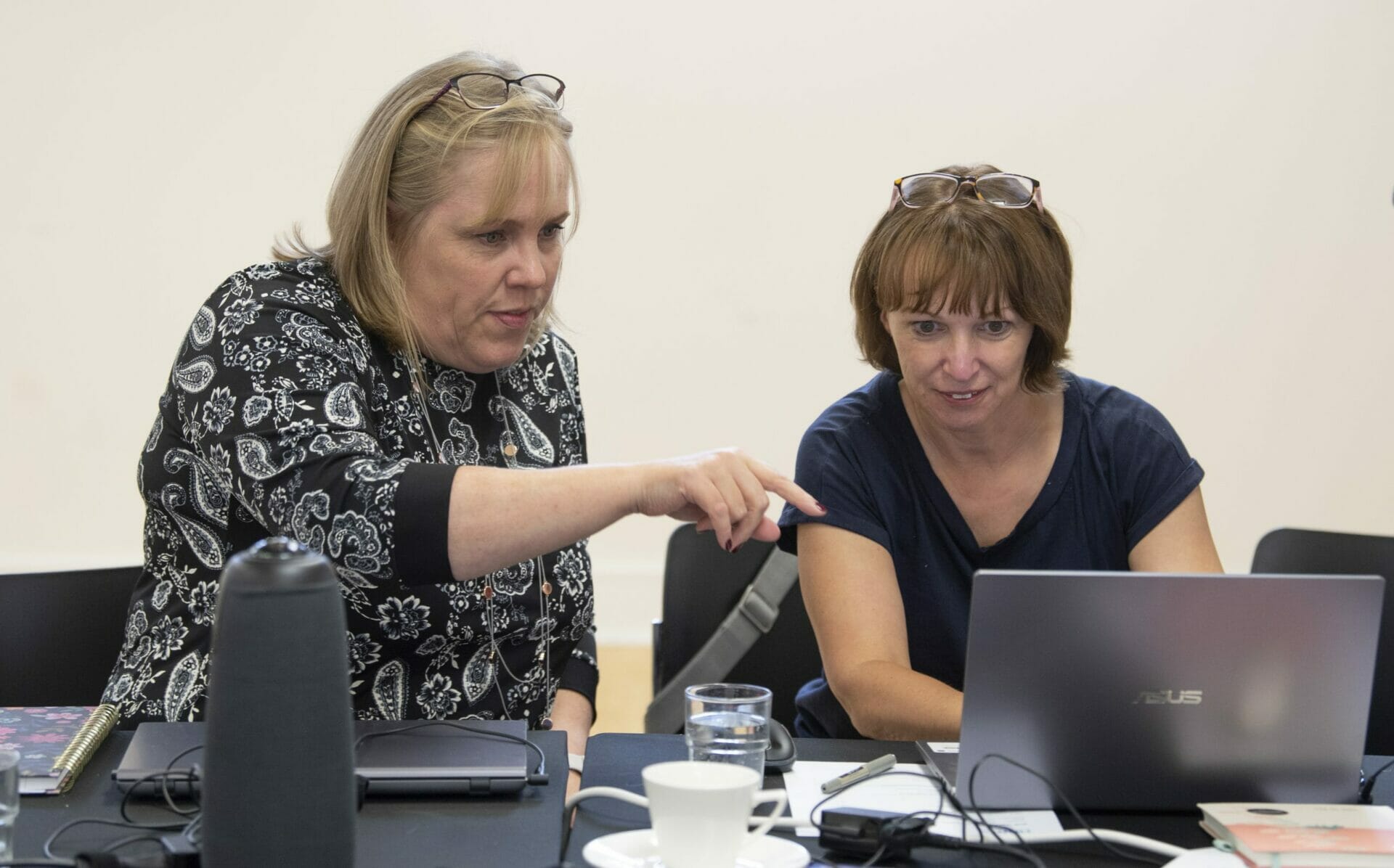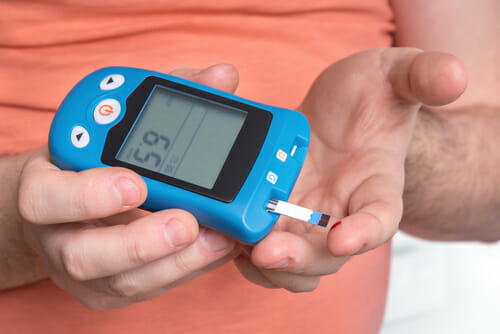Theme Lead: Professor Samira Bell
Chronic kidney disease (CKD) affects around one in ten people in the world, and can increase the risk of also developing cardiovascular disease. Because these conditions are closely linked, harnessing insights from high-quality, large-scale health data through the Kidney Data Science Catalyst could, in partnership with Kidney Research UK, help to improve our understanding of how to develop more effective treatments, or prevent them altogether.
What we do
We’re working to help researchers to securely access, link, and analyse the UK’s wealth of health data, speeding up the search for better kidney and cardiovascular prevention, treatments, and care. As well as with insights from patients and members of the public affected by kidney disease, we’re supporting research to help people with these conditions to stay healthier for longer.
Key areas of work
Delphi prioritisation approach
Delphi prioritisation approach
We’ve been running a prioritisation exercise (using a modified Delphi approach) to help us understand the most pressing issues in kidney and cardiovascular disease research. With involvement from expert scientists, healthcare professionals, patients and members of the public, surveys and workshops have helped us to pinpoint the most important research themes:
-
- How disease develops
-
- Healthcare inequalities
-
- How healthcare is delivered and paid for
-
- Multiple and linked health conditions
-
- Developing the best and most effective treatment strategies
-
- Prevention: risk factors and prediction
Driver projects
We’re supporting 3 projects investigating the links between kidney and cardiovascular disease and COVID-19, directly funded through the catalyst. This research could offer new insights to improve how these conditions are diagnosed and treated, potentially transforming lives.
Defining kidney disease
For effective data research into kidney disease, researchers need to know exactly how to define the condition. We’re working to develop these definitions so scientists can ask and answer the most important research questions as accurately as possible.
Areas of work
Find out more about our data-led research.

Whole Population Data
We aim to improve access to and use of high-quality, linked health datasets covering entire populations across the UK.

Defining Disease
To drive large-scale, data-driven research, we’re working to develop and share reusable definitions of cardiovascular diseases in computable forms. These definitions enable researchers to interpret and use health data, leading to more accurate and reproducible studies.

Enhancing Cohorts
We’re working to accelerate health data research by making it easier, faster, and more secure to link data from clinical cohorts with routine health records. This approach will help researchers uncover new insights into disease causes, progression, and treatment, improving patient care and outcomes.

Data Enabled Clinical Trials
By integrating routinely collected NHS health data into clinical trials, we’re helping researchers recruit participants more effectively, reduce administrative burdens, and generate real-world evidence that can lead to quicker, more impactful advances in cardiovascular care.

Imaging
Cardiovascular imaging research has the potential to transform disease diagnosis, risk assessment, and treatment. This area aims to improve access to imaging data linked to health-relevant datasets across the UK, enabling innovative research and improving patient outcomes.

Smartphones and Wearables
We’re working to unlock the potential of smartphone and wearable data to discover new ways to prevent, diagnose, and treat cardiovascular disease, by establishing secure access to and fair use of smartphone and wearable data linked to healthcare records.

CVD-COVID-UK / COVID-IMPACT
CVD-COVID-UK/COVID-IMPACT is a major research programme coordinated by the BHF Data Science Centre, bringing together a consortium of over 400 researchers across more than 50 organisations. The programme enables analysis of anonymised, linked, nationally collated healthcare datasets across the UK to investigate the relationship between COVID-19 and cardiovascular disease, as well as its impact on other health conditions and risk factors.

Diabetes Data Science Catalyst
This exciting partnership between the BHF Data Science Centre, Diabetes UK and HDR UK aims to develop improvements in our understanding of the link between cardiovascular diseases and diabetes.

Stroke Data Science Catalyst
A partnership between the BHF Data Science Centre, the Stroke Association, and HDR UK, using data to drive research into stroke prevention, treatments, and care.